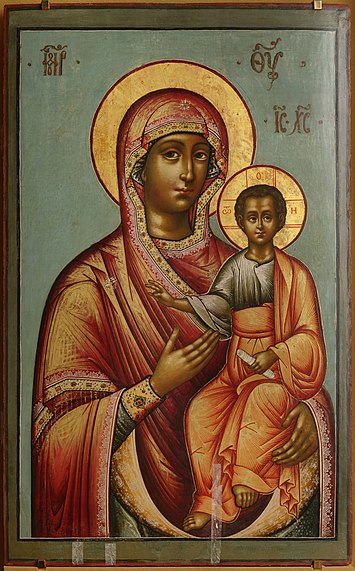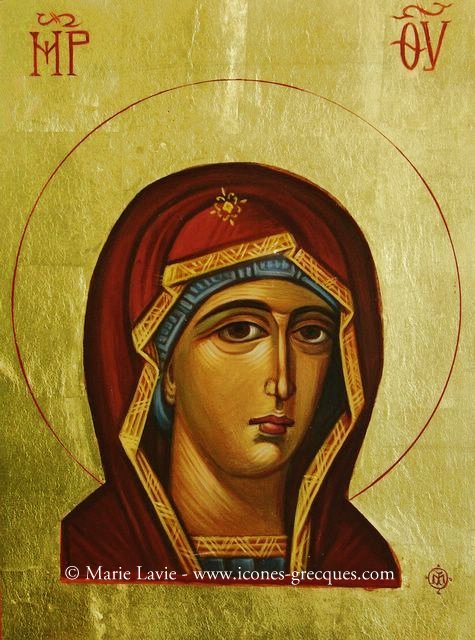L'icône de la Mère de Dieu de Jérusalem (48).
http://oca.org/saints/lives/2015/10/12/102948-icon-of-the-mother-of-god-ldquojerusalemrdquo
http://www.orthodoxworld.ru/it/miracleicon/16/index.htm
http://www.reginamundi.info/icone/gerusalemme.asp

L'icône de la Très Sainte Mère de Dieu de Iaroslavl et Smolensk (Russie 1642).
L'icône de la Mère de Dieu de Roudna (Belarus 1687).
L'icône de la Mère de Dieu de Kalouga (Russie 1748). (Autre commémoration le 2 septembre.)
http://www.histoire-russie.fr/icone/saints_fetes/textes/v_kalouga.html

Translation de Malte à Gatchina près de Saint-Pétersbourg de l'icône de la Mère de Dieu de Filerme, d'un morceau de la Vivifiante Croix du Seigneur et des reliques de la main droite de saint Jean Baptiste (1799).
The
Translation from Malta to Gatchina of a Portion of the Life-Creating
Cross of the Lord, together with the Philermos Icon of the Mother of
God, and the right hand of St John the Baptist took place in the year
1799. These holy things were preserved on the island of Malta by the
Knights of the Catholic Order of St John of Jerusalem. In 1798, when the
French seized the island, the Maltese knights turned to Russia for
defense and protection. On October 12, 1799 they offered these ancient
holy things to the emperor Paul I, who at this time was at Gatchina. In
the autumn of 1799 the holy items were transferred to St Petersburg and
placed in the Winter Palace within the church dedicated to the Icon of
the Savior Not-Made-by- Hands. The Feast for this event was established
in 1800.
By ancient tradition, the Philermos Icon of the Mother of God was painted by the holy Evangelist Luke. From Jerusalem it was transferred to Constantinople, where it was situated in the Blachernae church. In the thirteenth century it was taken from there by crusaders, and from that time was kept by the Knights of the Order of St John.
By ancient tradition, the Philermos Icon of the Mother of God was painted by the holy Evangelist Luke. From Jerusalem it was transferred to Constantinople, where it was situated in the Blachernae church. In the thirteenth century it was taken from there by crusaders, and from that time was kept by the Knights of the Order of St John.
Nessun commento:
Posta un commento
Nota. Solo i membri di questo blog possono postare un commento.